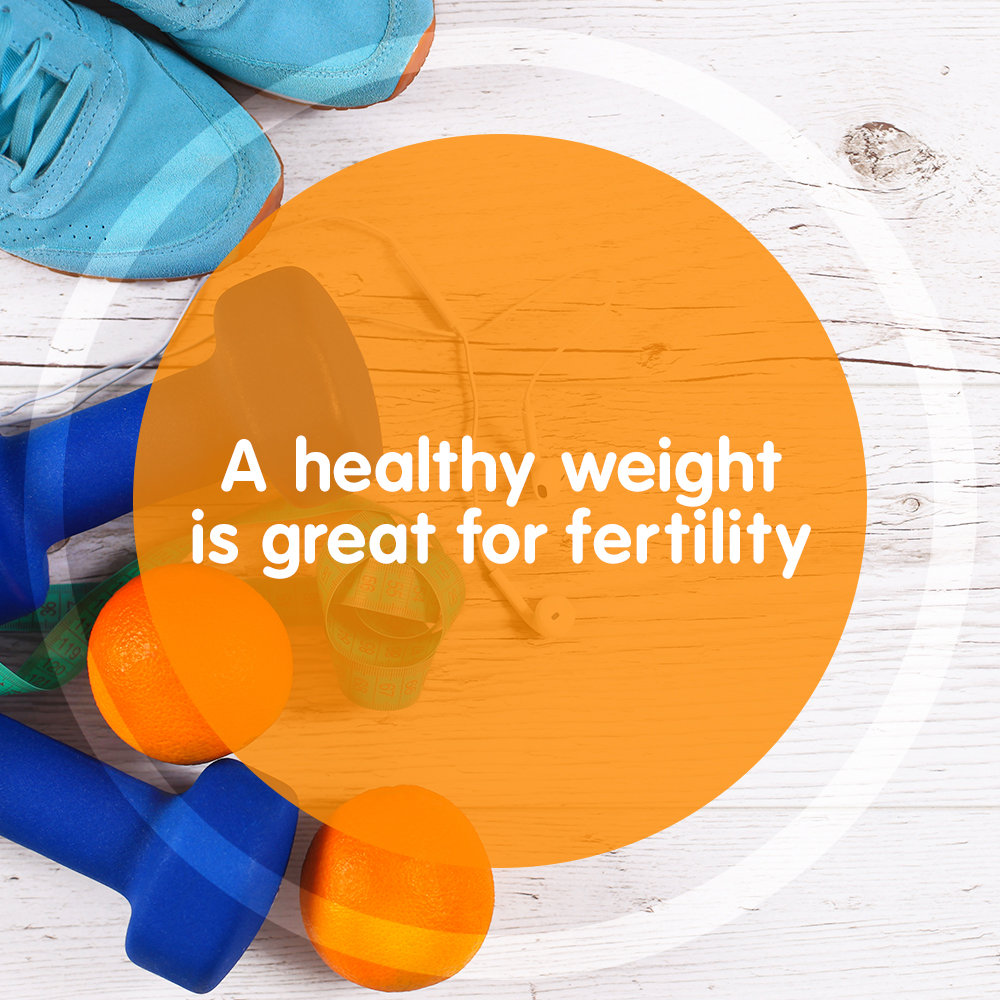With spring around the corner, so too is National Fertility Week.
It is held from the 1 – 7 September 2014.
This year’s focus is on timing.
The ‘fertile’ window
Did you know that the only time you can conceive is during the ‘fertile window’ of the menstrual cycle?
Couples trying for a baby are encouraged to have intercourse in the three days leading up to, and including ovulation.
Infertility could be reduced by 50%….
Not only through timing intercourse during the fertile window, but also through healthy lifestyle choices.
So what can you do to increase your chances of having a healthy baby?
1. Stop smoking and avoid passive smoking
Did you know that smokers take longer to conceive than non-smokers and are more likely to have fertility issues?
Women who smoke are at least 1.5 times more likely than non-smokers, to take more than a year to fall pregnant.
If a male partner is a heavy smoker, this will significantly contribute to delayed conception.
Smoking during pregnancy also puts your baby at risk of health problems.
2. Maintain a healthy weight to boost your fertility
Did you know that being overweight or obese affects your chances of conceiving and having a healthy baby?
If a mother is obese, it increases the risk of pregnancy complications and health problems for the baby. Losing even a few kilos can make a difference…
Being underweight can also reduce a woman’s fertility. It can cause hormone imbalances that affect ovulation and therefore a woman’s chance of getting pregnant.
3. Not drinking alcohol is the safest option
Did you know that heavy drinking affects fertility?
Heavy drinking increases the length of time it takes to fall pregnant. It also reduces your chances of having a healthy baby.
If you are pregnant or trying to get pregnant, not drinking alcohol is the safest option
4. Your age affects fertility
If your relationship is ready, start the conversation sooner rather than later.
Age is the single most important factor affecting your fertility and your chances of having a healthy child.
As a woman ages, it takes longer to conceive and the risk of not being able to get pregnant increases.
The risk of miscarriage, and complications in pregnancy and childbirth also increase.
Want further information?
Visit www.yourfertility.org.au which has evidence-based information, videos, fun animations and an interactive ovulation calculator to help increase your chances.
There is also a FREE webinar on fertility issues and preconception planning called ‘Optimising patient fertility’ on Thursday 4 September 2014, 7.30-8.00pm AEST.
Your Fertility gives Australians the facts they need to make informed and timely decisions about their reproductive health, so that every Australian who wants children has the best chance to have a healthy baby.
We are proud to be working with the Victorian Assisted Reproductive Treatment Authority (VARTA), and to be part of their Advisory Group.
We hope this information helps and until next time, we…
Wish you all great health and wellbeing!
Image courtesy of Mister GC at FreeDigitalPhotos.net

